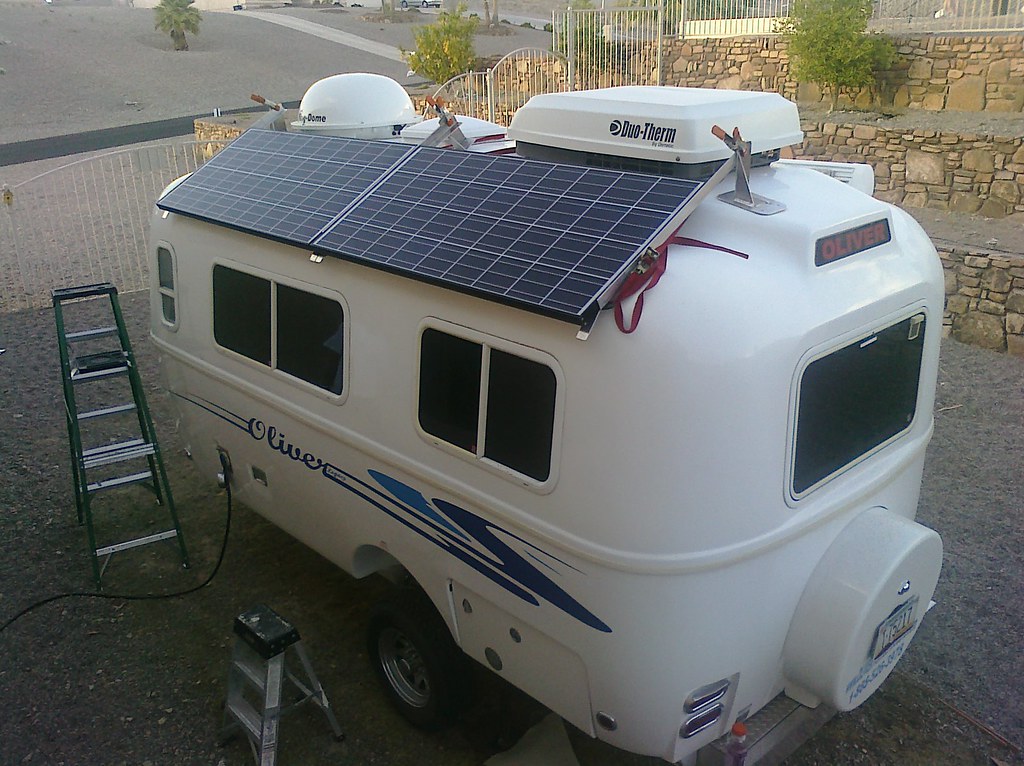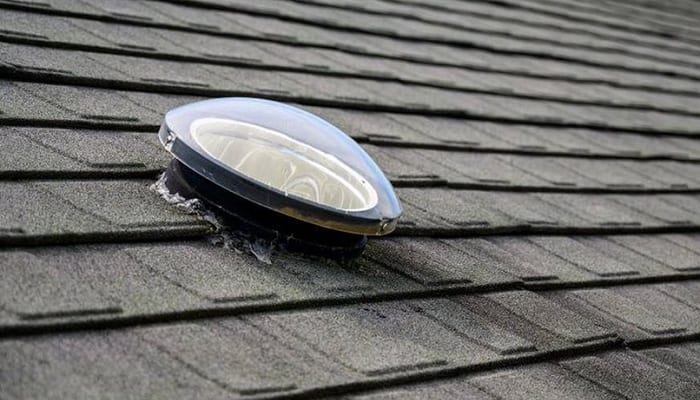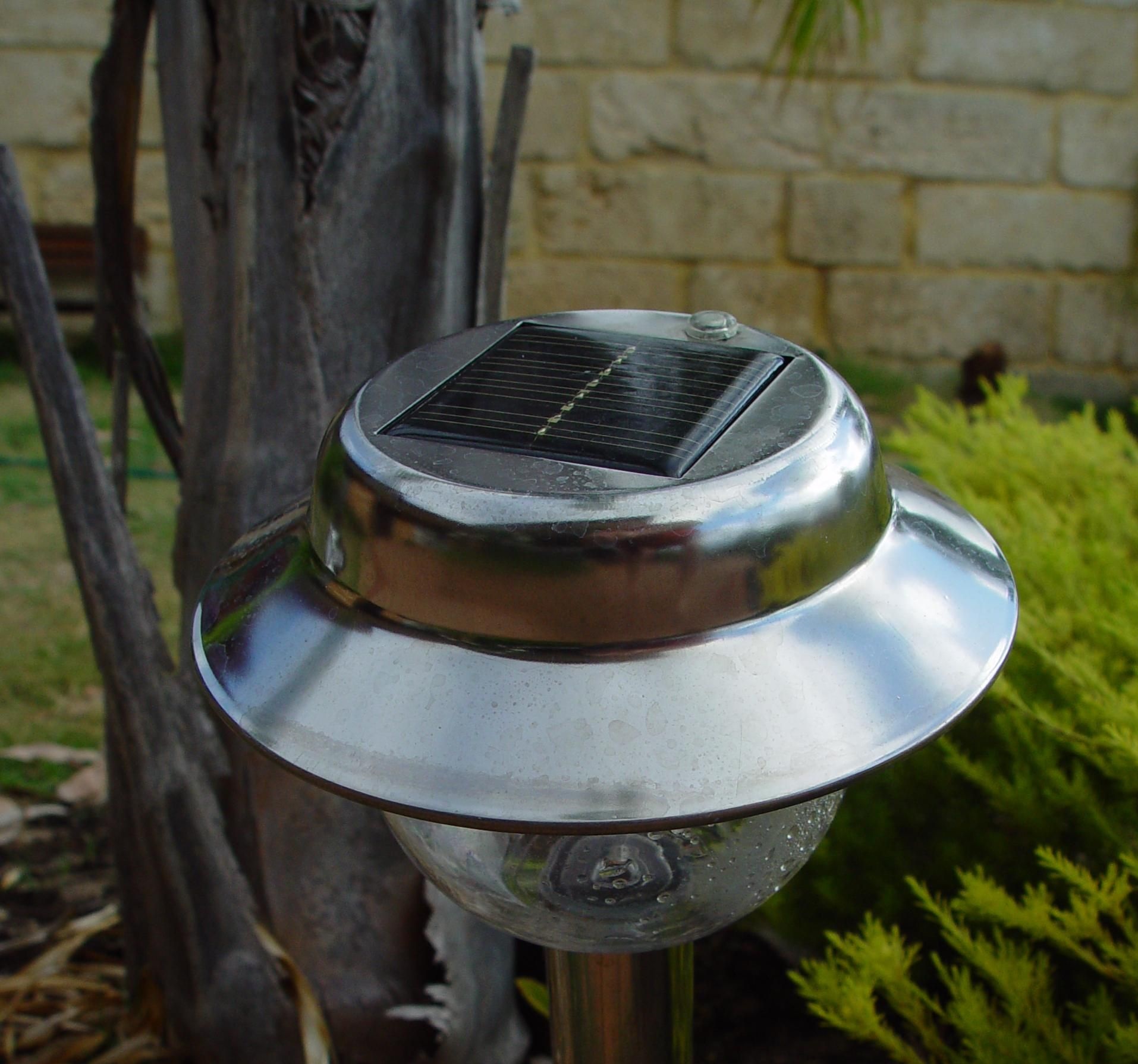Gearing your RV with a solar panel kit can help you enjoy your off-grid camping experiences even more. You can stay in touch and keep the lights on without noisy generators or being limited to spots with electrical outlets. You only need a few components to hook up your camper. In this article, I explain what they are and everything else you need to know about an RV solar panel kit.
Can You Put Solar Panels On An RV?
You can put a solar panel on your RV or camper but be sure to remember that these solar panels will need maintenance just like the solar panels on your home. If you like spending time on the road, you’ll need power at some point. Solar panels are perfect for providing sustainable energy. RV solar setups are similar to household ones. The main difference is that these are lightweight and easy to transport.
You can mount the panels on your RV roof or the sides if possible. The cells will collect sunlight while you drive. They’ll continue to work if you park in a sunny spot at camp or near a lake. You can use the generated electricity immediately or store the power when you reach your destination. Regular solar panels usually do the trick, but you can buy unique panels designed for RVs. These panels are flexible, lightweight, and efficient.
5 Things You Need to get Solar on your Van
You need five main things to get your RV connected to solar power. You can buy a plug-and-play kit or create your own by getting your hands on this equipment:
Solar Panels: The first thing you’ll need is solar panels. The size, capacity, and amount will depend on your available space and how much power you want.
Batteries: You’ll need deep-cycle batteries to store excess solar power. This comes in handy on rainy days and at night. Having a power backup is always a good idea!
Charge Controller: A charge controller ensures the batteries never overcharge and are always fully charged. This device is essential for the longevity of your batteries.
Inverter: Common household appliances need AC power. The power generated by solar panels is in a DC. Your inverter is responsible for changing the current and making the power usable. Without it, your appliances will fry.
The last thing you need to set up a solar system for your RV is space. You’ll need a secure spot to mount your solar panels and somewhere safe to store the batteries.
How Many Solar Panels Can Fit On An RV?
Not all solar panels and RVs are built the same. Some panels are small enough to fit a couple on the roof. With others, you’ll barely get two. RV roof sizes also differ. Some have space for multiple solar panels, while others can only fit one. The layout you use will also influence the number of panels you fit.
I suggest taking measurements of your RV’s roof to a local supplier. After calculating how much power you need, they’ll assist in picking the right panels. You can also ask for advice about the layout and the best way to secure the panels. The average amount of solar panels that can fit on an RV roof is between 4-6.
RV Solar Setup vs. Regular House Solar Setup
| RV Solar Setup | Regular House Solar Setup |
| You can expect to pay around $300 per solar panel, making it relatively inexpensive. A complete RV solar setup won’t set you back as much, with an average cost of $2,500. | Gearing your home with solar power is expensive. The average cost is $25,000, with one panel costing about $600. |
| Rv solar panels require more maintenance. They’ll collect dust and debris while you drive and even more so if you camp in an area with many birds. Luckily, you can clean them yourself without much trouble. | Residential solar panels are easy to maintain, and you’ll need to do it less frequently. Cleaning your solar panels once per season should be enough. A yearly checkup will ensure they stay in top shape. |
| An RV roof has limited space. Mounting solar panels elsewhere can be challenging. | Depending on your roof size, it’s unlikely that you’ll run out of space for your solar panels. If you do, you can try mounting your panels on the ground. |
| It’s easy to install solar panels on your RV. You’ll need a metal rack to affix them to the roof. | Residential solar systems often have complicated installations. In most cases, you need permission and have to use a registered company. |
| Solar panels designed for Rvs are lightweight. The average panel weighs 59 lb. | Residential solar panels can be bulky. On average, these weigh 120 lbs. |
| You’ll get about 0.25 watts of power per square foot of panels. This output is much lower than that of residential panels. | Solar panels designed for powering homes have an average output of 1 watt per square foot of panels. |
What Can You Power With An RV Solar setup?
Your RV solar panel kit can power most appliances you need on the road. How far your setup will take you depends on its capacity. Typically, small devices only need a little electricity to work. You’ll likely be able to keep camping lights, a laptop, a radio, and a microwave on. Chargers for phones and other devices will also work. The appliances with thermostats and elements that need to heat up will require higher-capacity solar panels. These elements need a lot of power, and small solar panels won’t do the trick.
Hit The Road with Power!
Staying on the road and camping without power might seem like fun. And if that’s your vibe, I totally get it. But having access to the latest news, a stovetop, and lights can create a more peaceful experience. Using solar power is a great way to stay lit while saving the planet. Solar panel kits for RVs are relatively inexpensive. Shop around to find one that provides for your needs and fits your budget!If this article helped you, let me know in the comments! You can drop any tips or suggestions too.





